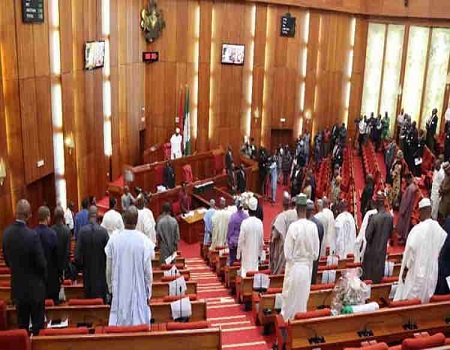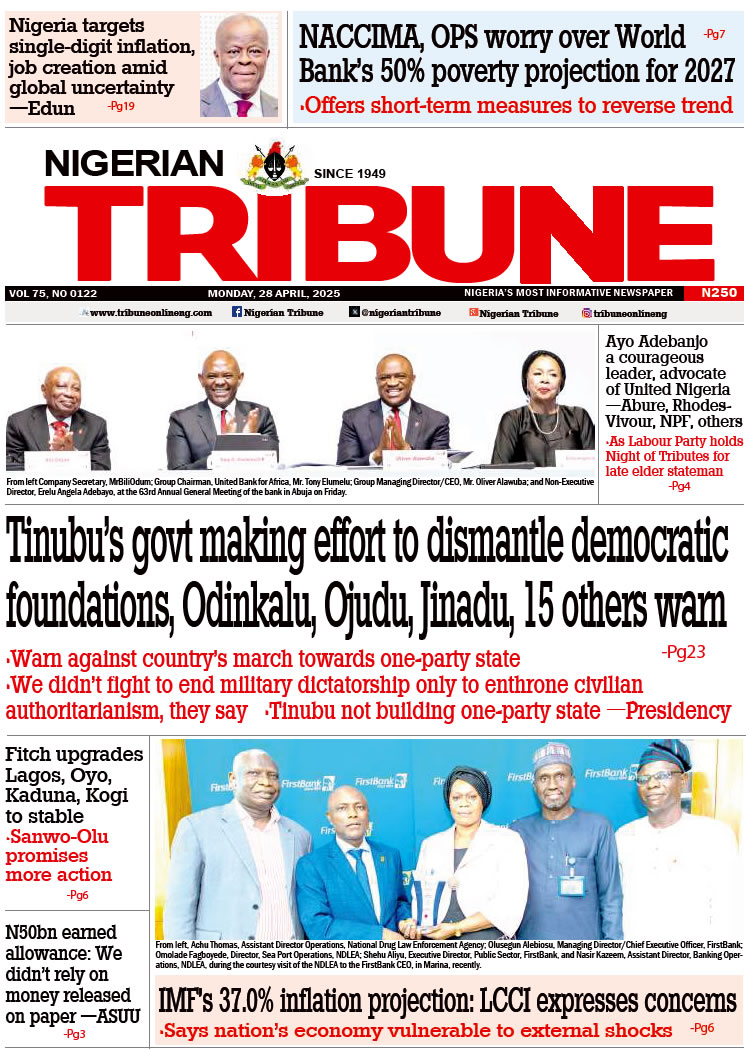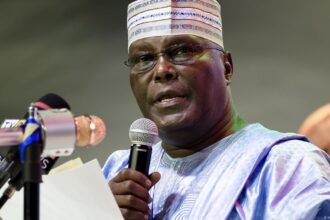Amnesty International, on Wednesday, has said the controversial hate speech and social media bills are dangerous attacks on freedom of expression of Nigerians.
The AI added that harassment of journalists and bloggers and the introduction of the Cyber Crimes Act have already limited the civic space and created a climate of fear in the people of the country.
A statement by the Programmes Manager Amnesty International Nigeria, Seun Bakare, and made available to Nigerian Tribune, said the bills were attempting to punish media users for expressing their views.
It, however, urged the federal government to drop these bills, “which are open to vague and broad interpretations and impose incredibly harsh punishments simply for criticizing the authorities.”
ALSO READ: Police, declaring Nnamdi Kanu’s lawyer wanted, a plot to kill actualization ― IPOB
The organisation noted that the social media bill contained sections that were deliberately inserted to gag the people and prevent them from making use of the platform that had remained the last option for them
The statement read,”The Nigerian Senate is currently considering two harsh bills relating to freedom of expression online, including one which proposes the death penalty for ‘hate speech.’ These bills, supported by the Nigerian government, represent an alarming escalation in the authorities’ attempts to censor and punish social media users for freely expressing their opinions, Amnesty International said today.
“The proposed National Commission for the Prohibition of Hate Speech bill, and the Protection from Internet Falsehood and Manipulation and other Related Offences bill, give authorities arbitrary powers to shut down the internet and limit access to social media and make criticizing the government punishable with penalties of up to three years in prison.
“Social media is one of the last remaining places where Nigerians can express their opinions freely. The harassment of journalists and bloggers and the introduction of the Cyber Crimes Act have already shrunk the civic space and created a climate of fear,”
The AI lamented that there were many provisions in the bills that did not conform international human rights standards.
“For example, section 4 of the “hate speech” bill prohibits abusive, threatening and insulting behavior, which is open to very wide interpretation. This section would pose a threat to critical opinion, satire, public dialogue and political commentary.
ALSO READ: IPOB: Nnamdi Kanu’s lawyer, Ejiofor speaks from hiding, says Police responsible for attack
“The social media bill contains overbroad provisions that unduly restrict access to and use of social media and seems designed to gag freedom of expression. For example, section 3, which relates to the transmission of false statements of facts, contains provisions against sharing statements “likely to be prejudicial to the security of Nigeria, public safety, tranquillity, public finances and friendly relations of Nigeria with other countries”.
“This could be easily abused to punish critics of government policies and actions, and anyone who asks difficult questions could find themselves liable for ‘diminishing public confidence in the government.’
“The two bills are set to criminalize those who breach the law with punitive measures like fines and imprisonment of up to three years solely for peacefully exercising their right to freedom of expression. In the case of the “hate speech” bill, people could face life imprisonment and the death penalty.








